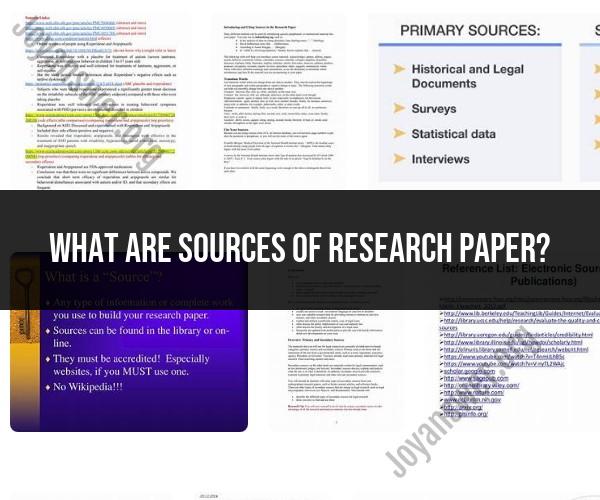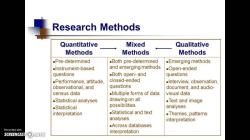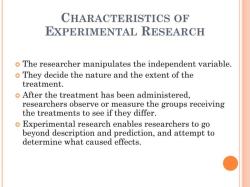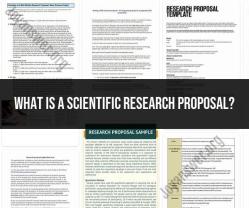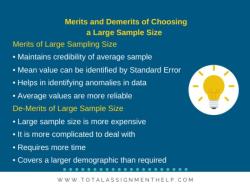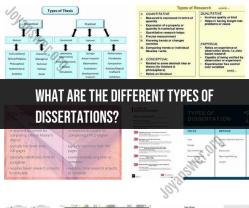What are sources of research paper?
Sources for a research paper, also known as references or citations, are the materials or works you consult and cite to support your research, arguments, and findings. These sources provide evidence, context, and credibility to your research. Here are common types of sources for research papers:
Scholarly Journals and Articles:
- Peer-reviewed academic journals contain articles written by experts in a specific field. They often present original research, analyses, and reviews. Databases like PubMed, JSTOR, and Google Scholar are valuable for finding scholarly articles.
Books:
- Books can provide comprehensive information on a topic. Look for books authored by reputable scholars or experts in the field. University libraries and online bookstores are good places to find books.
Magazines and Newspapers:
- While not as authoritative as scholarly journals, magazines and newspapers can offer recent information and opinions. Use these sources cautiously and be sure to check the credibility of the publication.
Government Publications:
- Government reports, white papers, and statistical data can be valuable for research. Government websites, libraries, and online repositories often provide access to these documents.
Websites and Online Resources:
- Websites can be useful sources, but it's essential to evaluate their credibility. Look for government websites, educational institutions, reputable organizations, and well-established news outlets. Avoid relying solely on Wikipedia or personal blogs.
Interviews and Surveys:
- Conducting interviews or surveys can provide primary data for your research. Ensure proper methodology, ethics, and informed consent when using these sources.
Conference Proceedings:
- If you're researching a cutting-edge topic, conference proceedings can contain valuable research findings. Search for conferences related to your field of study and their published proceedings.
Dissertations and Theses:
- Dissertations and theses often include in-depth research on a specific topic. University libraries and online databases may have access to these sources.
Encyclopedias and Reference Works:
- While not typically used as primary sources, encyclopedias and reference books can provide background information and citations to reputable sources.
Images, Maps, and Visual Materials:
- If relevant to your research, visual materials can be sources of evidence or illustration. Ensure proper attribution and permissions for using images and maps.
When selecting sources for your research paper, consider the following criteria:
Relevance: Ensure that the source directly supports your research question or thesis statement.
Credibility: Assess the credibility of the author, publication, or organization. Look for credentials, expertise, and a lack of bias.
Currency: Consider the publication date of the source. Some topics require up-to-date information, while others may rely on historical sources.
Peer Review: For scholarly sources, check if the work has undergone peer review, indicating that experts in the field have evaluated its quality.
Bias and Objectivity: Be aware of potential bias in sources. Evaluate whether the source presents a balanced and objective view of the topic.
Accessibility: Ensure that the sources you plan to use are accessible to your target audience and can be cited properly.
Remember to cite your sources using an appropriate citation style (e.g., APA, MLA, Chicago) to give credit to the original authors and provide readers with the means to locate the sources you've used in your research paper. Proper citation is essential to maintain academic integrity.
Unveiling Sources for Research Papers: Where to Begin Your Study
When you're starting to work on a research paper, it's important to identify credible and reliable sources. This can be a daunting task, but there are a number of resources available to help you.
Navigating the Research Landscape: Essential Sources for Academic Papers
Here are some essential sources for academic papers:
- Scholarly journals: Scholarly journals are publications that contain peer-reviewed articles. Peer review is a process in which other experts in the field review the article before it is published. This helps to ensure that the article is of high quality and that the information is accurate.
- Books: Books can be a great source of information, but it's important to make sure that the book is up-to-date and that the author is an expert in the field.
- Government websites: Government websites often contain reliable information on a variety of topics.
- Academic websites: Academic websites, such as university websites, can also be a good source of information.
- Databases: Databases contain a wide variety of information sources, including articles, books, and government reports.
Scholarly Research: Finding Credible and Reliable Sources for Your Paper
When evaluating sources, it's important to consider the following factors:
- Credibility of the author: Is the author an expert in the field? Do they have any credentials or experience that support their expertise?
- Reliability of the source: Is the source from a reputable publisher or organization? Is the information well-documented and supported by evidence?
- Objectivity of the source: Is the source objective or does it present a biased point of view?
Here are some tips for finding credible and reliable sources for your research paper:
- Start with your library. Your library will have a variety of resources available to help you find scholarly sources.
- Use databases. Databases are a great way to search for scholarly articles and books on a variety of topics.
- Ask your professor for help. Your professor can be a great resource for finding credible and reliable sources for your research paper.
Once you have found a few potential sources, be sure to evaluate them carefully before using them in your paper. By following the tips above, you can ensure that your research paper is well-sourced and that the information you present is accurate and reliable.
